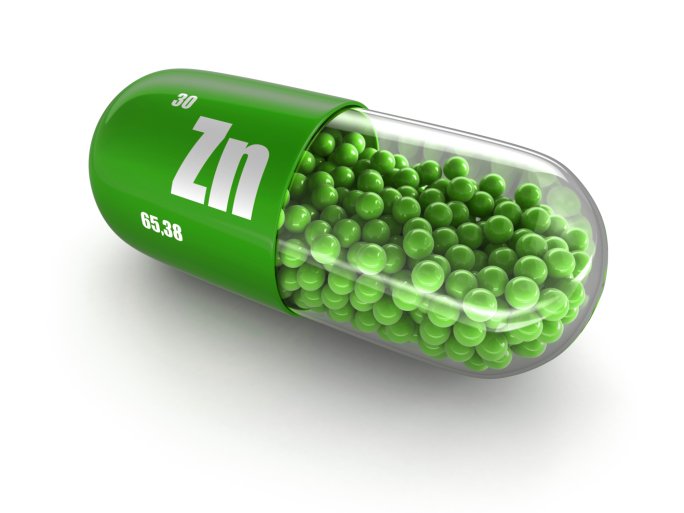 All of the vitamins and nutrients you take in play a vital role in your survival. And as more and more knowledge is acquired of their importance and how they work, the medical community and citizens alike can improve their appreciation for a quality diet. It seems that with each passing day, we learn about natural sources that can help us to prevent a number of diseases, while we improve our health.
All of the vitamins and nutrients you take in play a vital role in your survival. And as more and more knowledge is acquired of their importance and how they work, the medical community and citizens alike can improve their appreciation for a quality diet. It seems that with each passing day, we learn about natural sources that can help us to prevent a number of diseases, while we improve our health.
Staying away from medicine and pharmaceuticals, when possible, is a great way to live. It’s refreshing to know that the earth is capable of providing almost everything you need to stay healthy, prevent disease and live without major problems. Of course, there are external factors that may fall beyond your control, but a healthy diet and active lifestyle can prevent a number of conditions, like Alzheimer’s, diabetes, cancer, and a number of diseases and chronic illnesses.
One mineral that’s part of a healthy diet is zinc. Zinc has recently been recognized as one of the most important trace metals for human nutrition and lifestyle, according to a new review published by the Institute of Food Technologies.
Zinc is mainly found in meat protein (animals get it from the soil they consume), but it’s also available in supplement form and included in most multivitamins. It’s required for a number of bodily functions and physiological processes, and it is also used as a preventative drug for a number of conditions and diseases.
The new report estimates that roughly half of the world’s population is at risk for zinc deficiency. This might have something to do with inadequate access to zinc, dietary restrictions, and other factors. To get the most out of zinc, you should have between two and three grams in your blood, which is easy to do with supplementation or eating a diet featuring high-protein foods (predominantly meat proteins).
How can zinc help you? There are a number of discoveries showing very important health benefits.
First, researchers have noted that zinc may play a very important role in your brain’s ability to ward off degeneration. Blood zinc levels are noted to be much lower in Alzheimer’s and Parkinson’s patients when compared to healthy people. Zinc has also been noted for its role as an effective antidepressant in a promising rodent study.
But that’s not all…
Zinc can also relieve stress on your heart, while helping with diabetes. Zinc plays an important role in insulin response, directly affecting the synthesis, storage, and secretion of insulin. Your body’s insulin response is central to your ability to metabolize sugar, which is a major factor in warding off type 2 diabetes.
The report also indicated that low zinc levels play a role in heart conditions associated with people with diabetes. Diabetics without enough zinc were found to be at higher risk for coronary artery disease, hypertension, and high levels of triglycerides. Zinc is known to play an important role in regulating blood pressure, too.
Is zinc a one-stop shop for improved health and a worry-free future? Of course not, but following a healthy lifestyle featuring a diet with adequate levels of zinc can help boost your physiological performance, improve your overall health, and prevent or treat disease. Try getting more zinc in your diet today to enjoy these benefits both now and tomorrow!
Source for Today’s Article:
Kuljeet, K., et al., “Zinc: The Metal of Life,” Comprehensive Reviews in Food Science and Food Safety 2014; 13(4): 358, doi: 10.1111/1541-4337.12067.
